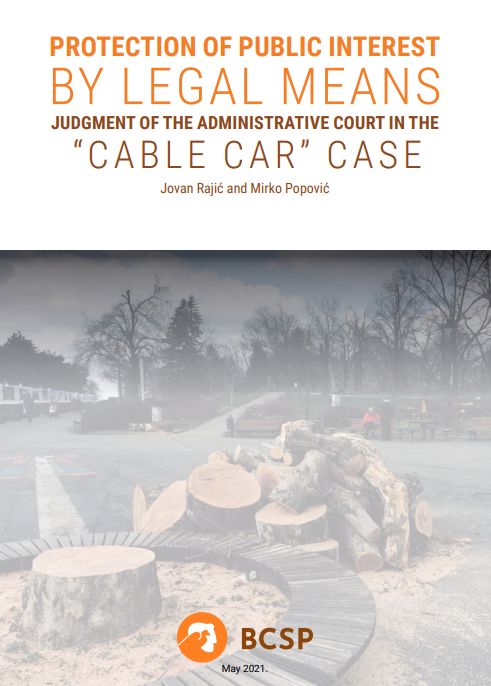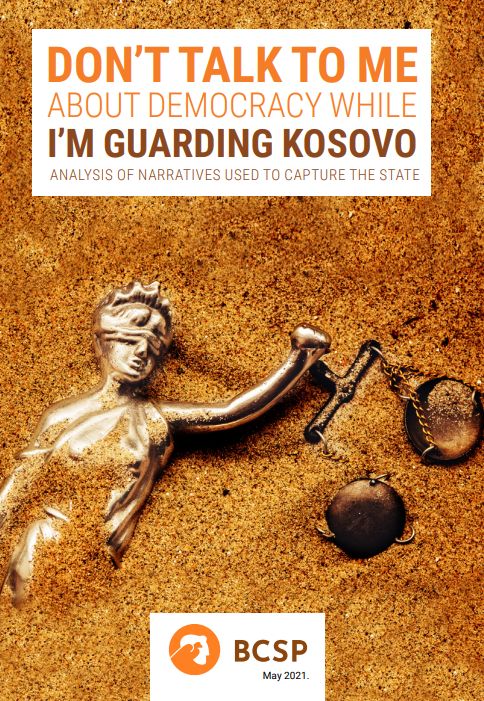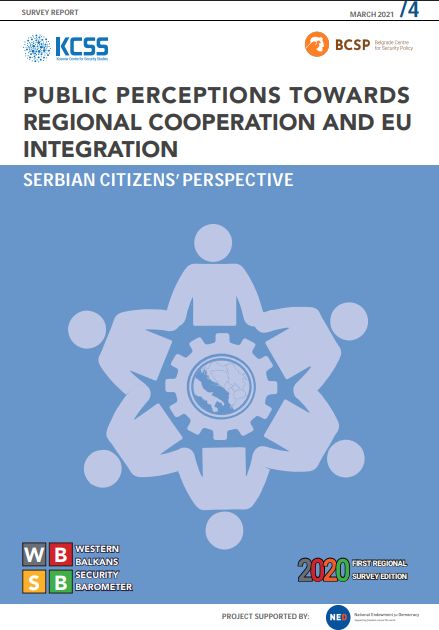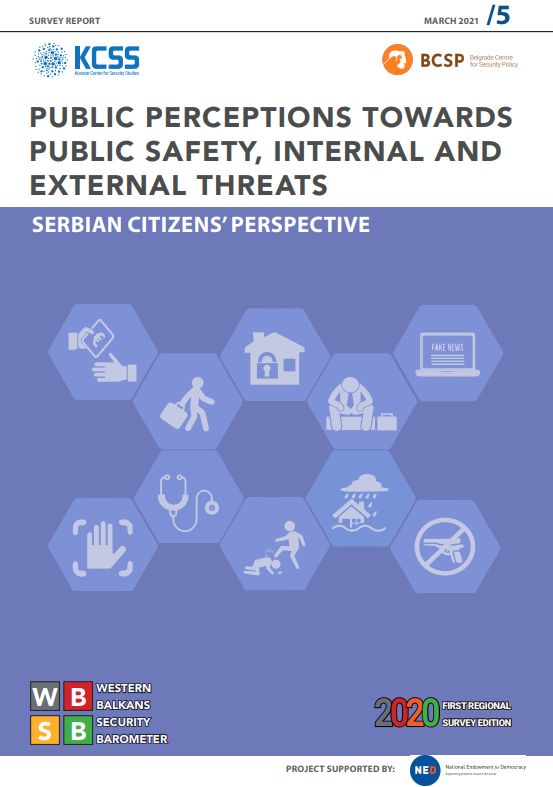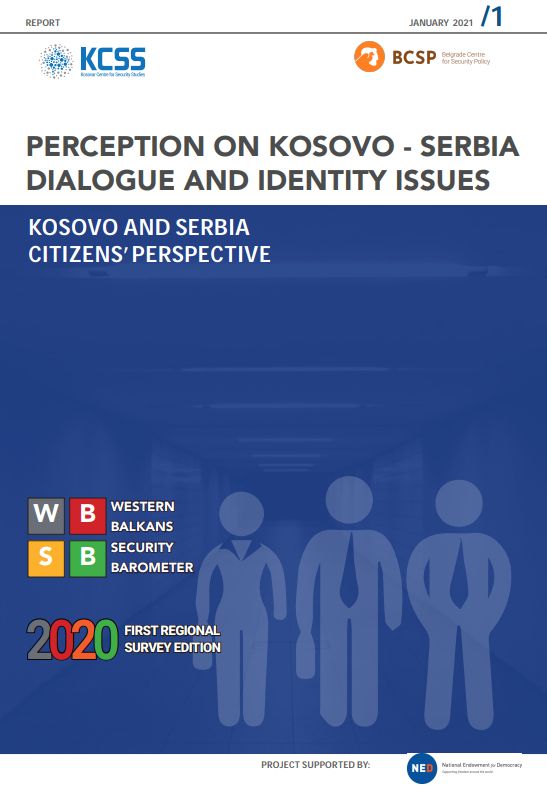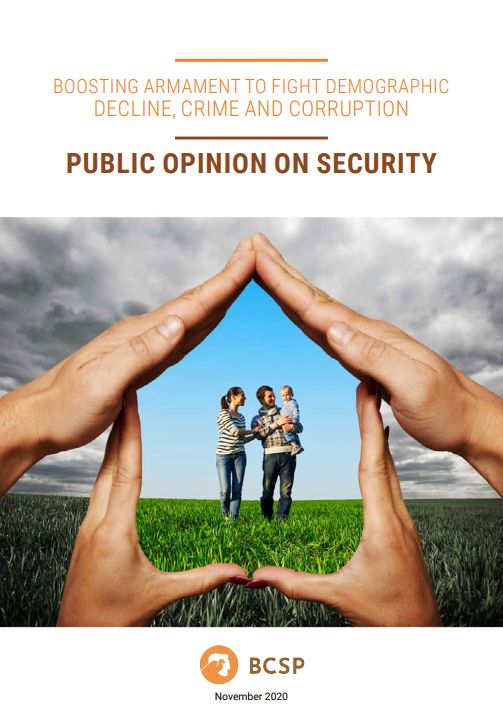
Security sector in a captured state: act two
Due to the damage that state capture causes to the public interest, it is very important to investigate and closely monitor this process in the security sector of Serbia. The Belgrade Centre for Security Policy was the first organisation in the country to point out this negative process and the role that the security sector plays in it. It has conducted its first research on this topic, the findings of which can be found in a study entitled “Capturing the Security Sector of Serbia”. The study in front of you is a continuation of that research. In it, we monitored and documented further state capture and the role of security institutions in that negative process. The research covered the period from the beginning of 2020 to November 2021. It explained the political context of capturing the state, the security services, the police, the army and the Ministry of Defence, within which we analysed the capture of special-purpose [arms] industry and parliamentary oversight of the security sector. Considering the fact that actors who participate in state capture are trying to secure international support for their endeavor, and that they are also making use of the experiences of other captured states, we have analysed the foreign policy aspect of capturing the state, which is a novelty compared to earlier research.
More...




